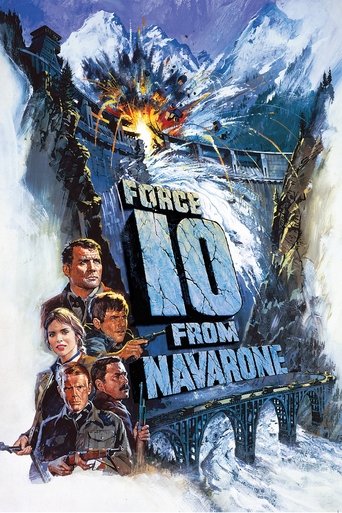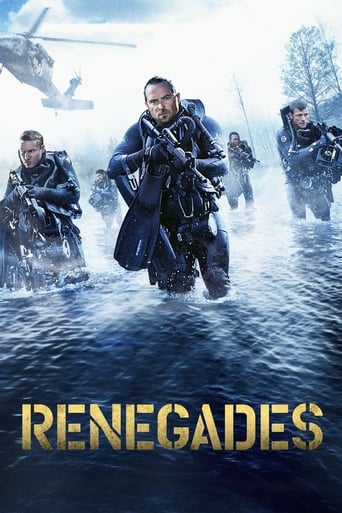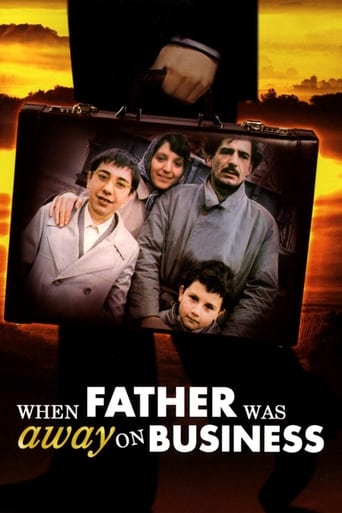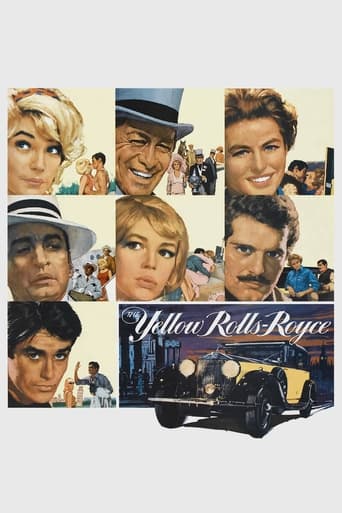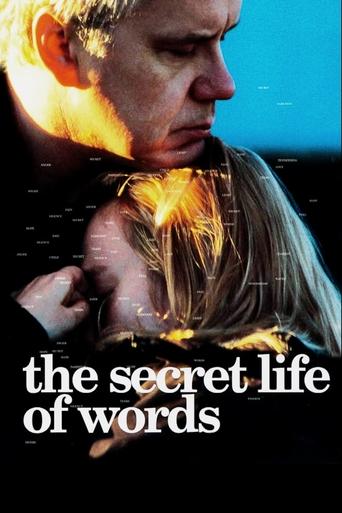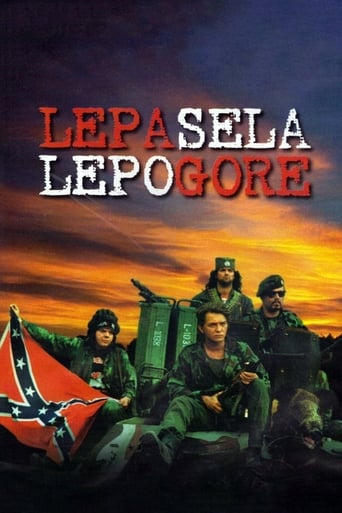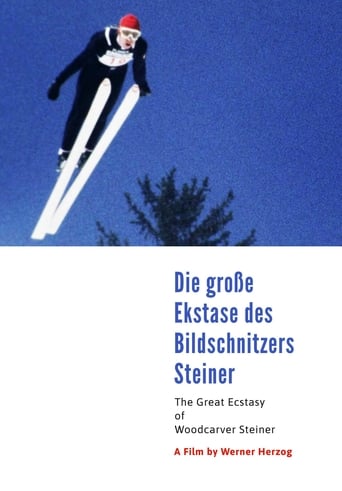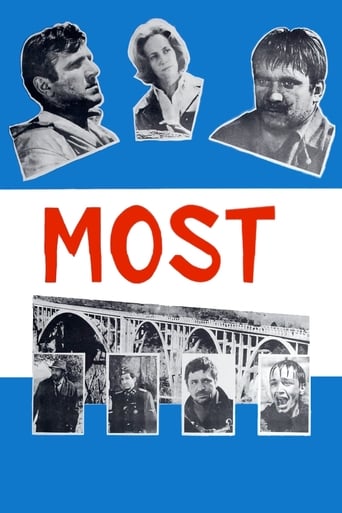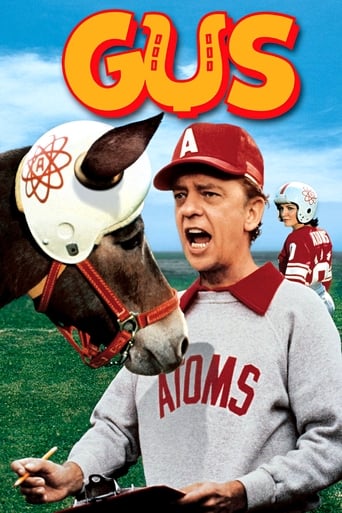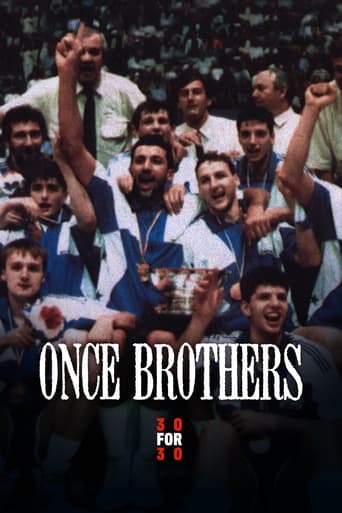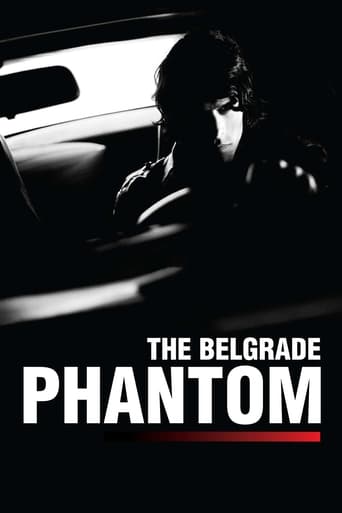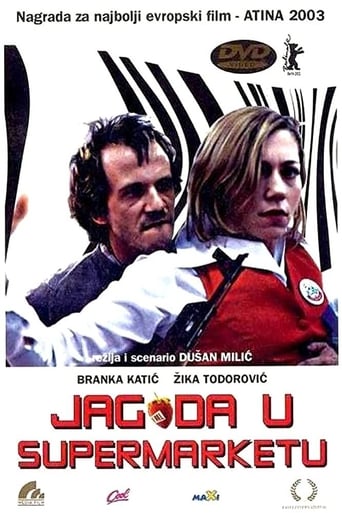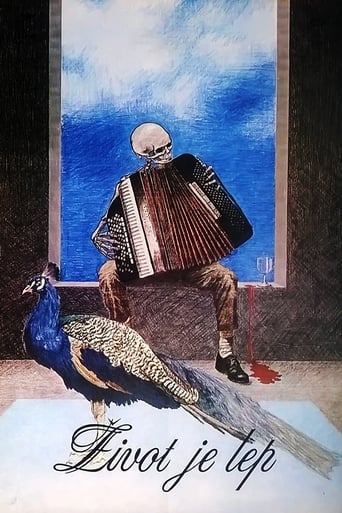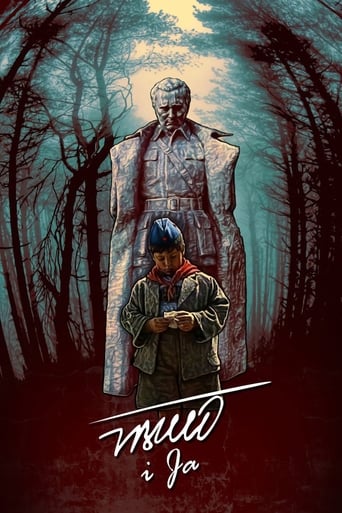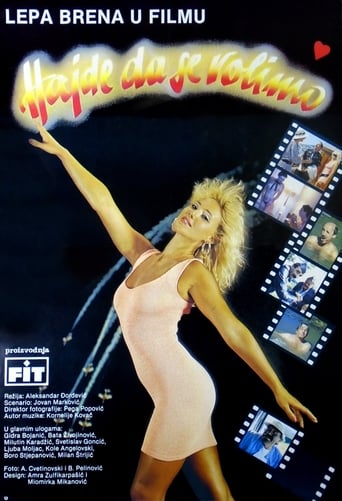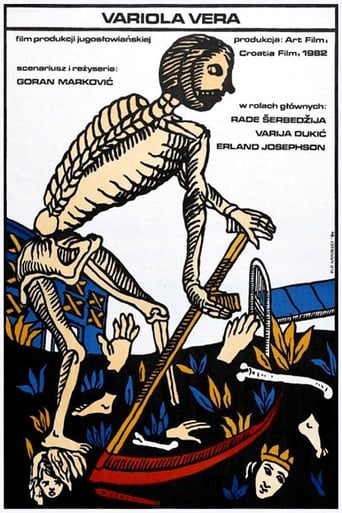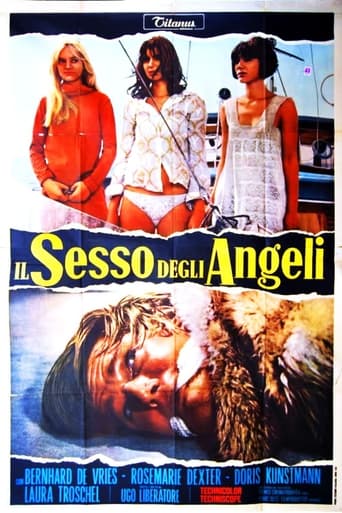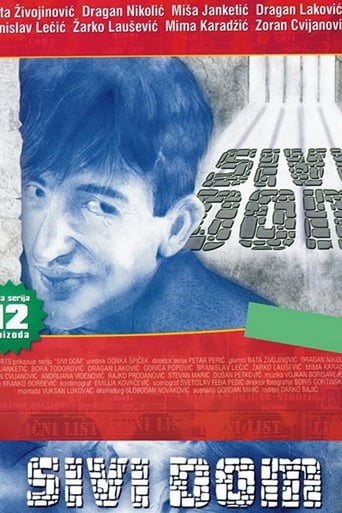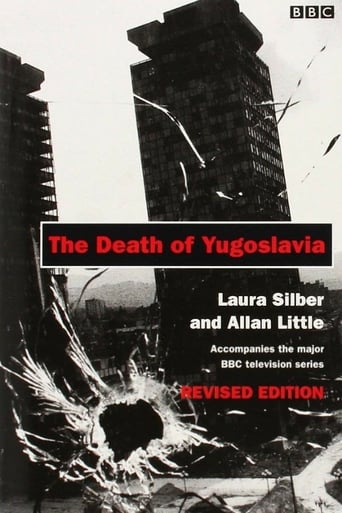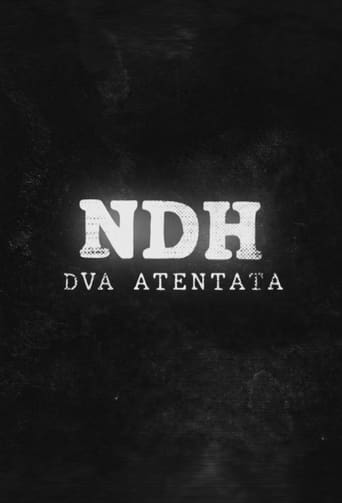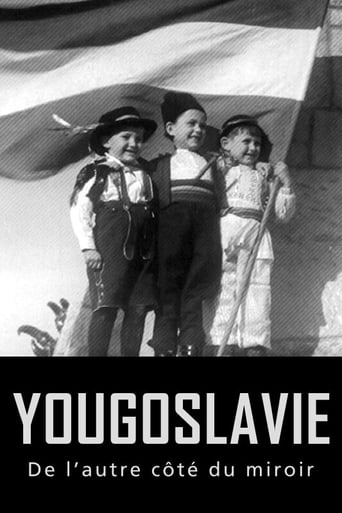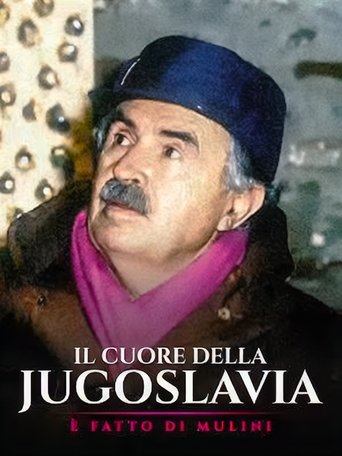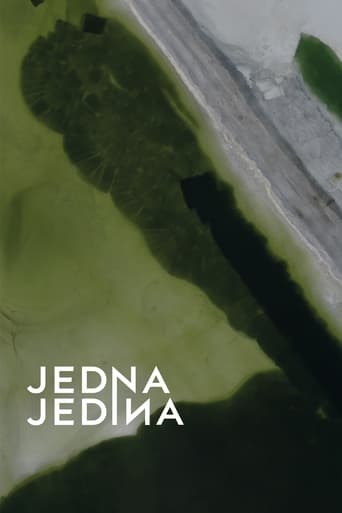Eochairfhocal Yugoslavia
Renegades 2017
Лепа села, лепо горе 1996
Most 1969
Gus 1976
Once Brothers 2010
beogradski fantom 2009
Život je lep 1985
Тито и ја 1992
Hajde da se volimo 1987
Bal na vodi 1985
Вариола вера 1982
Grey Home 1986
A moving story about the residents of correctional facility, rejected by parents and environment. Going through a strict regimen of life in the home, they are constantly trying to reverse the fate in their favor. Although they were given a chance to change, their actions always return to the beginning. Constantly on the border between personal whims and once-in-a-lifetime opportunity to become humans, they remain as wolves who find hard to change their mood. What finally remains is a perpetual dilemma whether their fate is innate, or is it forced by the communities in which they grew up...
Happy People 1993
The intertwined lives of numerous characters set in 1990s Belgrade who all try to live happily during rather unhappy times.
The Death of Yugoslavia 1995
The Death of Yugoslavia is a BAFTA-award winning BBC documentary series first broadcast in 1995. It covers the collapse of the former Yugoslavia. It is notable in its combination of never-before-seen archive footage interspersed with interviews of most of the main players in the conflict, including Slobodan Milošević, the then President of Serbia. Norma Percy won the 1996 BAFTA TV Award for 'Best Factual Series' for the documentary. However, it has been argued that it presents a potentially slightly biased point-of-view; for instance during the trial of Milošević before the ICTY in The Hague, Judge Bonomy called the nature of much of the commentary "tendentious" (partisan).
The Unpicked Strawberries 1976
Grlom u jagode is a 1975 Yugoslavian TV miniseries directed by Srđan Karanović and co-written by Karanović and Rajko Grlić. Depicting the life and times of a young man nicknamed Bane Bumbar, the series achieved huge popularity throughout SFR Yugoslavia. Revolving around Bane, his family, and his circle of friends, the series also portrays 1960s Belgrade, Serbia and Yugoslavia.
Tito 2010
Tito is a 2010 Croatian documentary television miniseries about Yugoslav leader Josip Broz Tito. The first episode aired March 19, 2010. The series is a co-production by Croatian Radiotelevision and Mediteran film. The two first collaborated on the series Long Dark Night, which at a top audience of 1.8 million viewers was one of the most-watched domestic productions in history. After the announcement of the documentary, Broz's granddaughter Saša announced that she and her family would use all means possible to obstruct filming. Tito cost a reported 1 million euros to make.
NDH 2021
A 12-episode documentary series about the Independent State of Croatia.
Faith and Conspiracy 2016
Story of forbidden love between Serbian guy and German girl in Vojvodina, Yugoslavia. Story begins in 1940's, just as war broke out and then goes threw this turbulent period to the 1960's, showing what was happening in Novi Sad. Germans have to fleed back to Germany, everything changed, but love remained
Yugoslavia, the Other Side of the Looking Glass 2016
Through two films, this documentary reveals the creation and disintegration, within our own time, of a neighbouring European State named Yugoslavia. Part One covers the 1918-1980 period. Part Two covers the 1980-2001 period.
The Heart of Yugoslavia is made of mills 1979
Italian writer and screenwriter Tonino Guerra's journey to discover Yugoslavia, from the big cities to the heart of its countryside, between a past of traditions and ancient rituals and a future still to be built. Filmed in 1979, the reportage in the then still united country has the flavour of both an intimate diary and a detailed travel documentary.
Yugoslav Partisans 2024
Who were the Yugoslav Partisans? A docuseries about the founding and evolution of the largest armed resistance in Europe during World War II.
The One and Only 2022
An intriguing history of Yugoslav nuclear program that proposed to build an atomic bomb and 16 nuclear facilities on Yugoslav soil. Only one project came to fruition, the nuclear power plant in Krsko, Slovenia.
